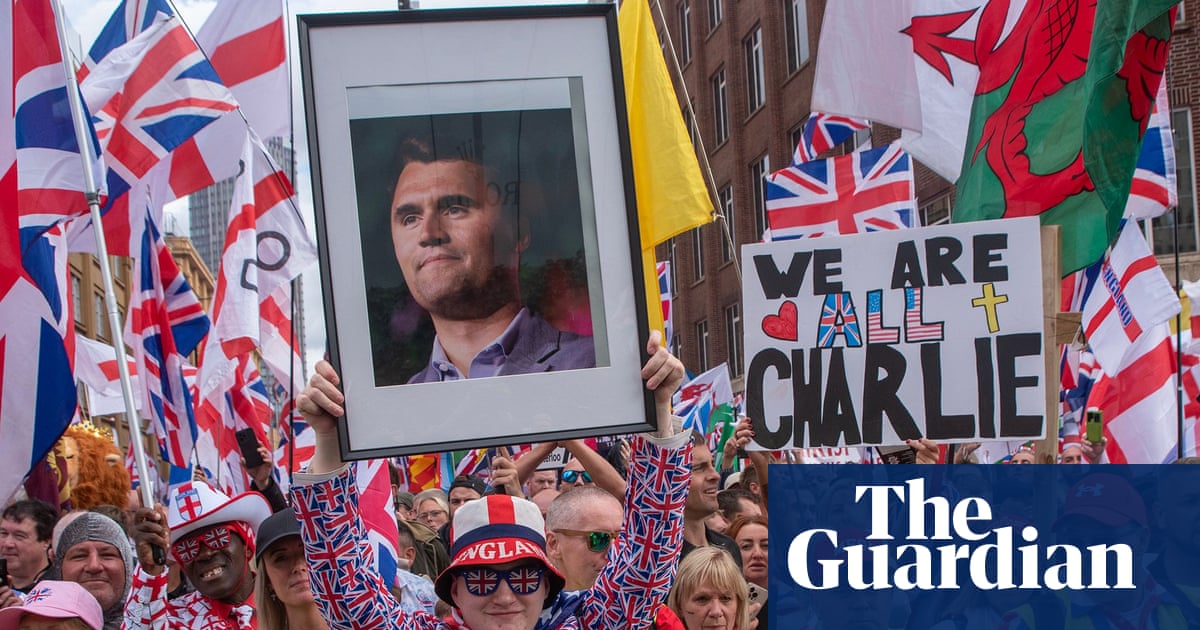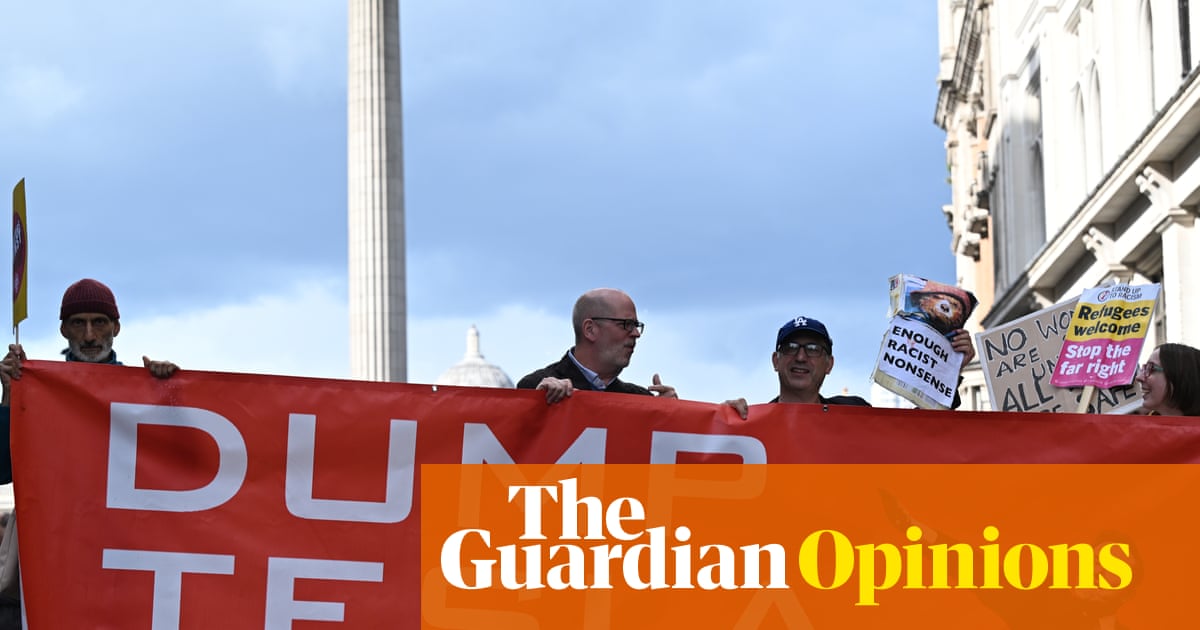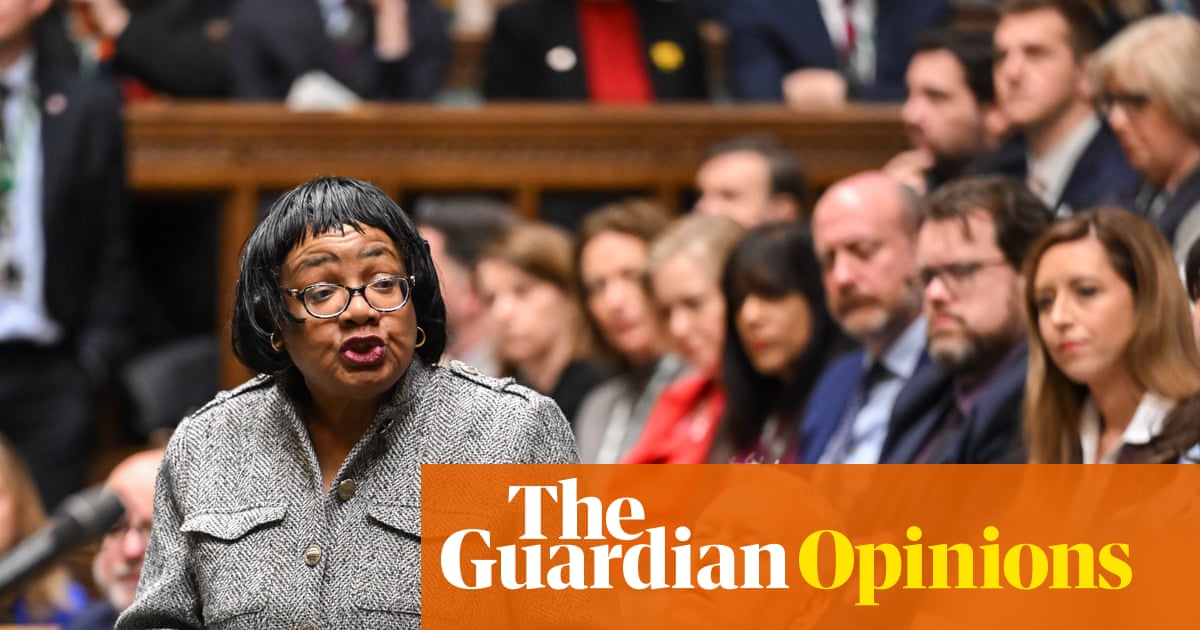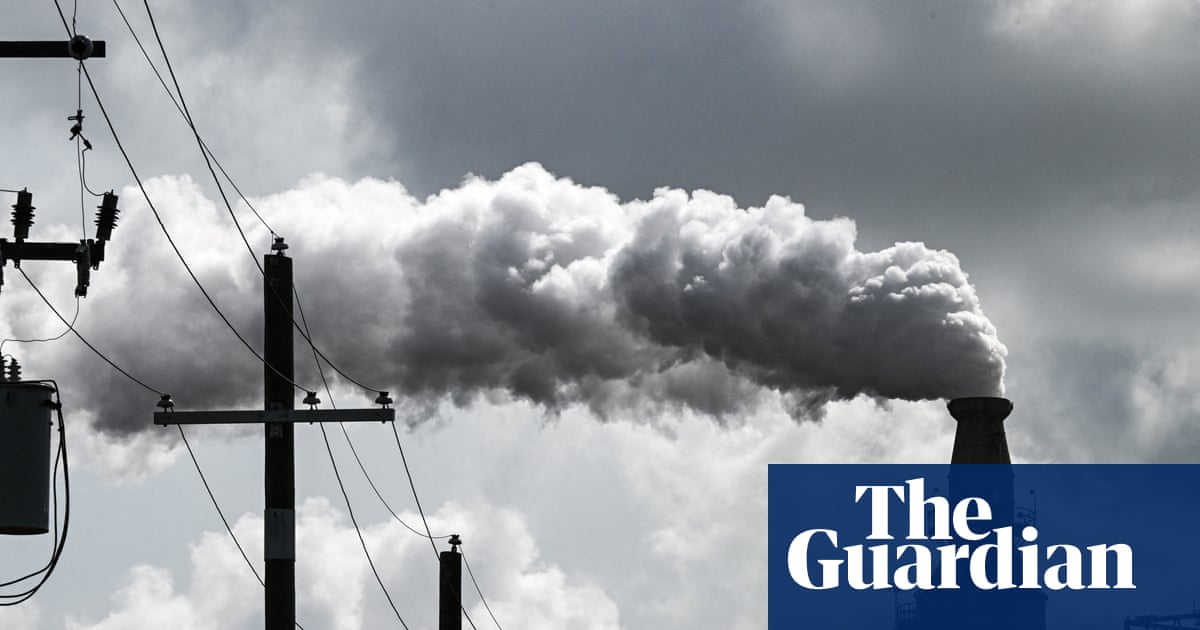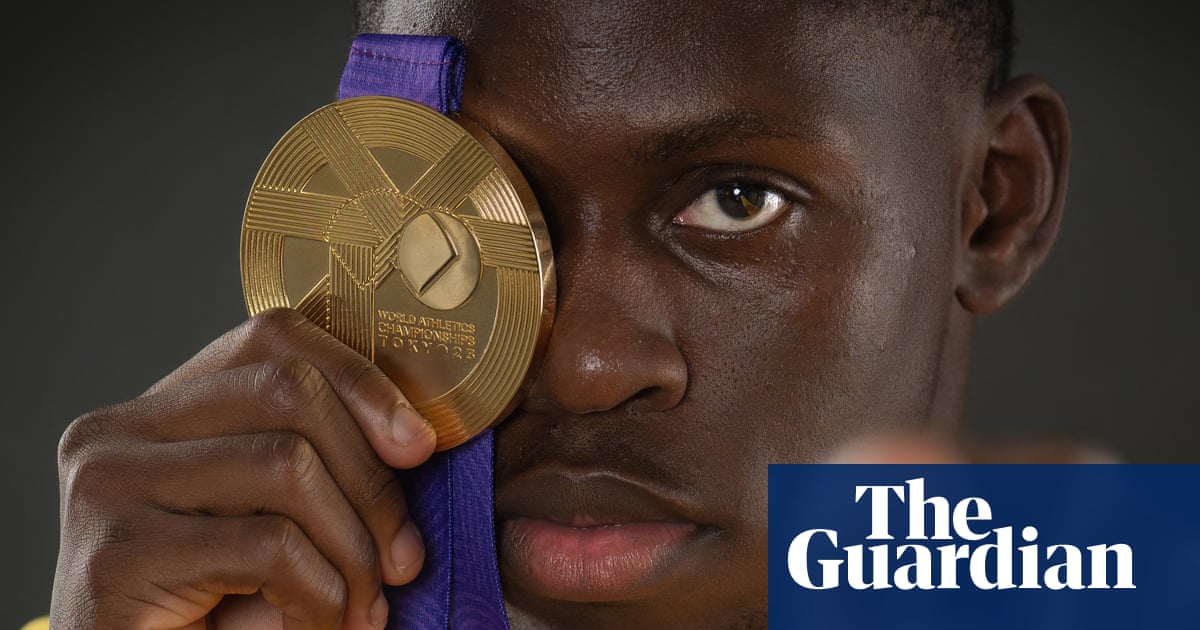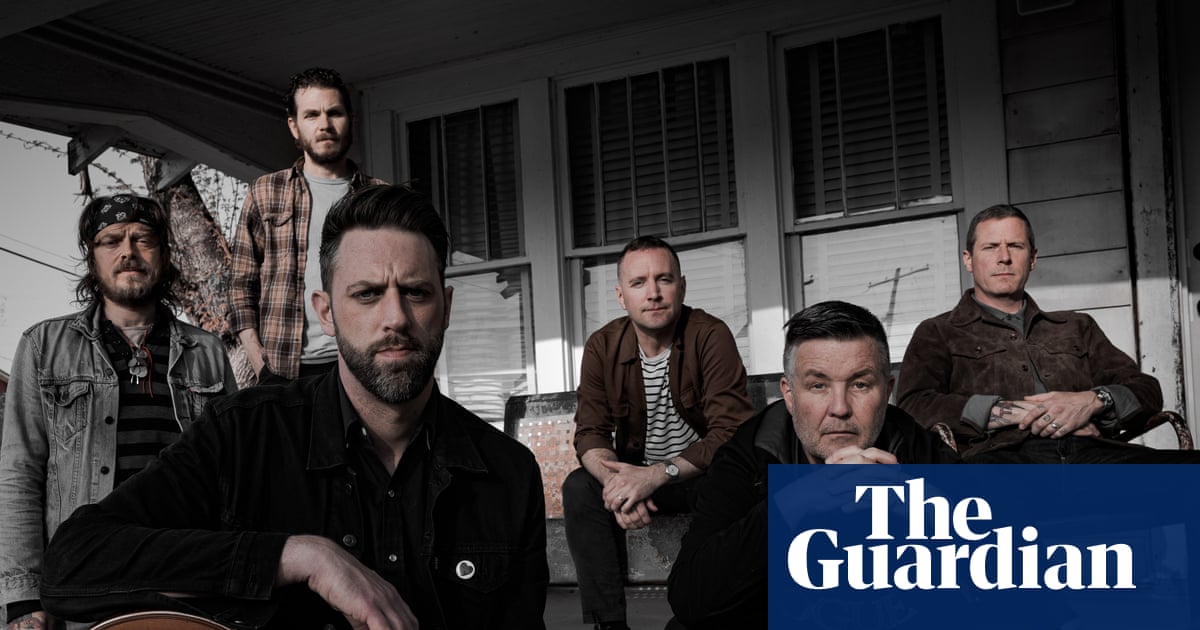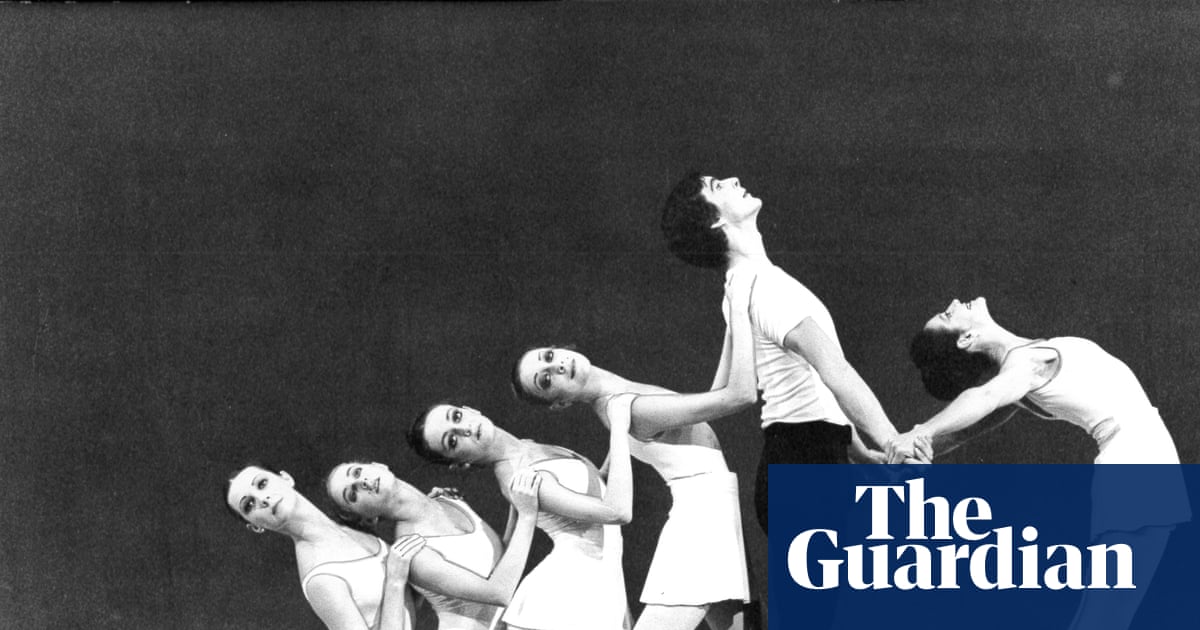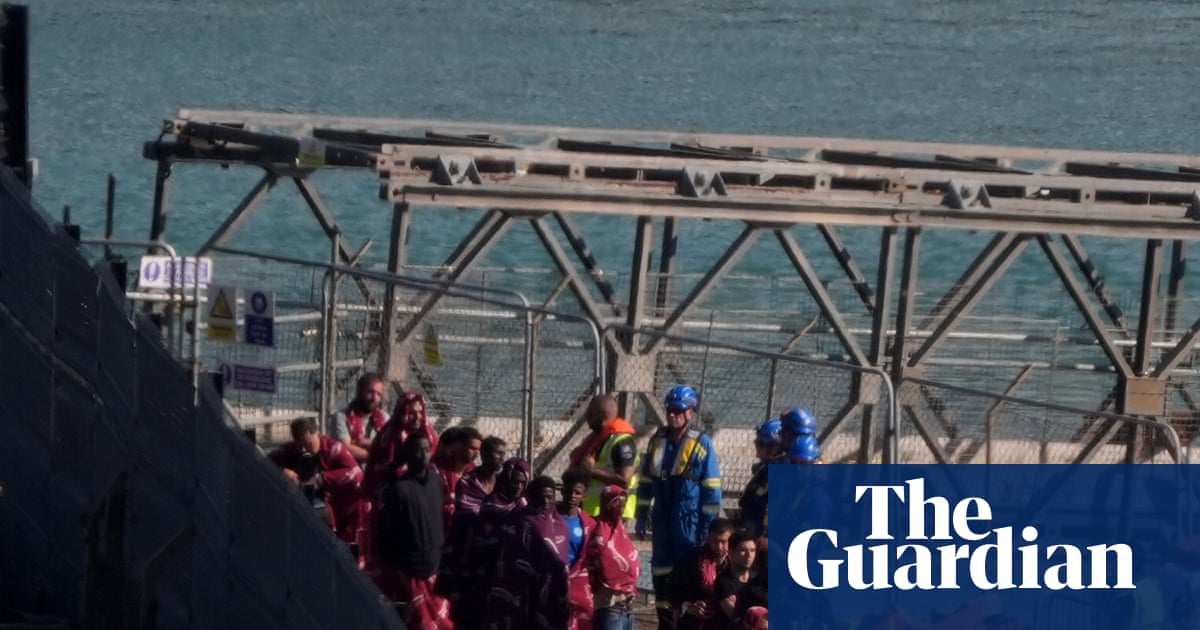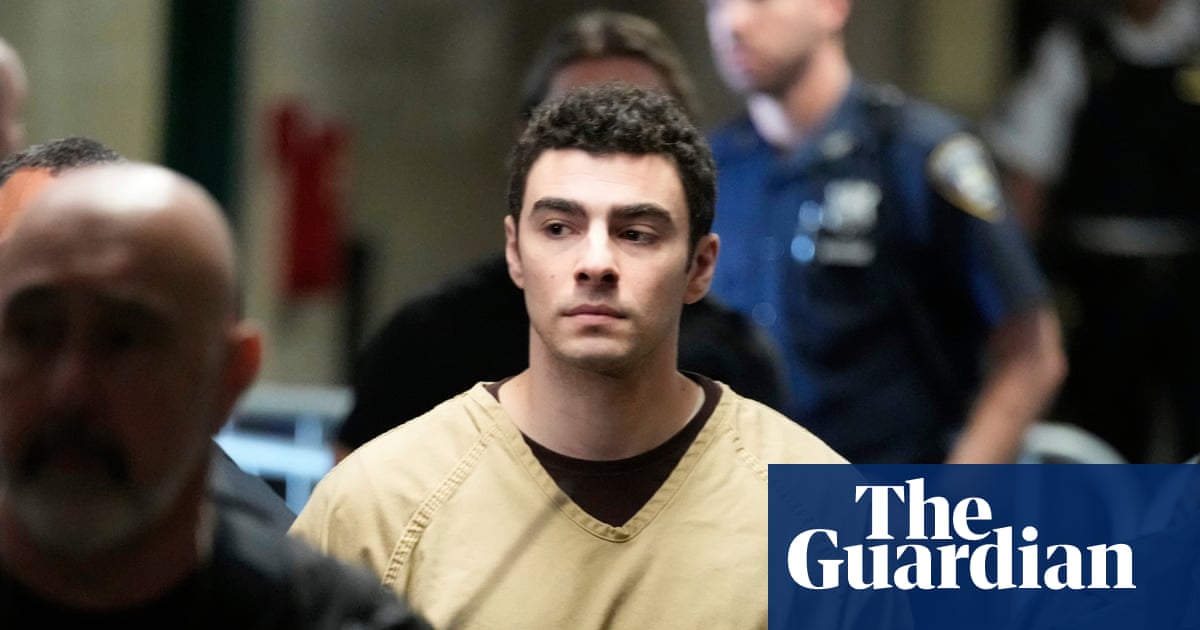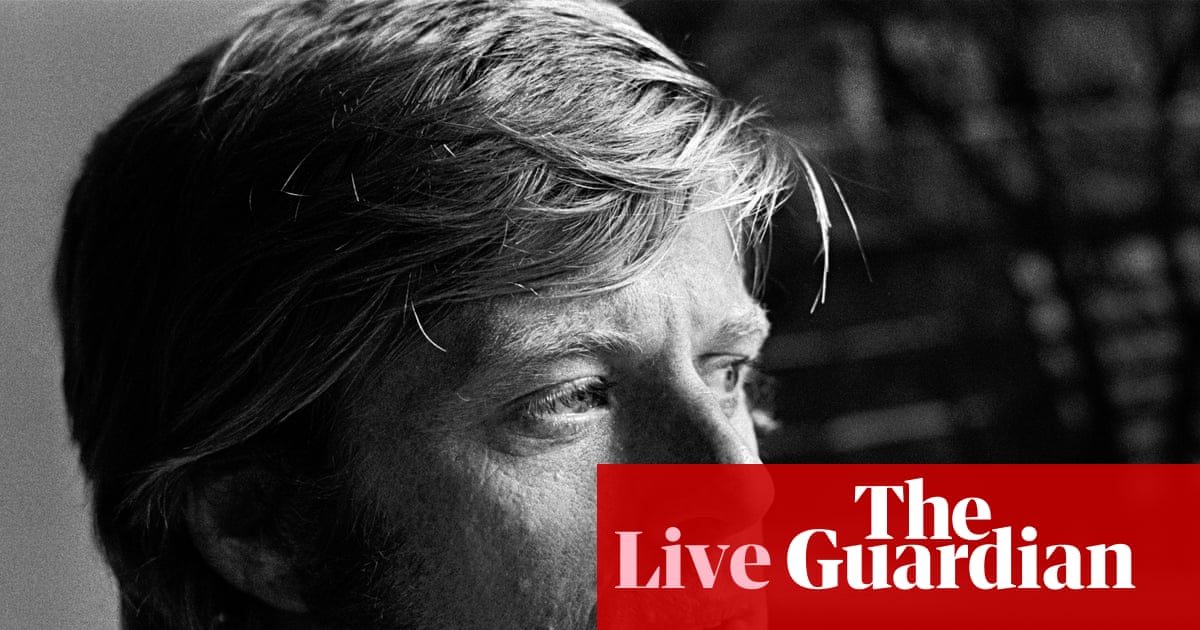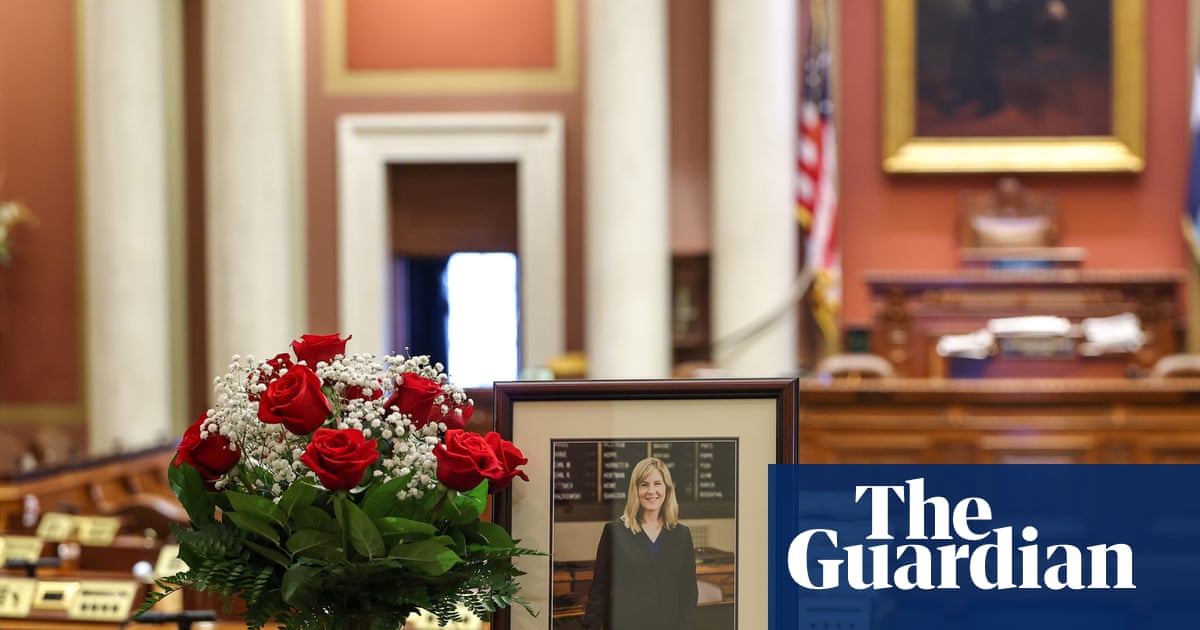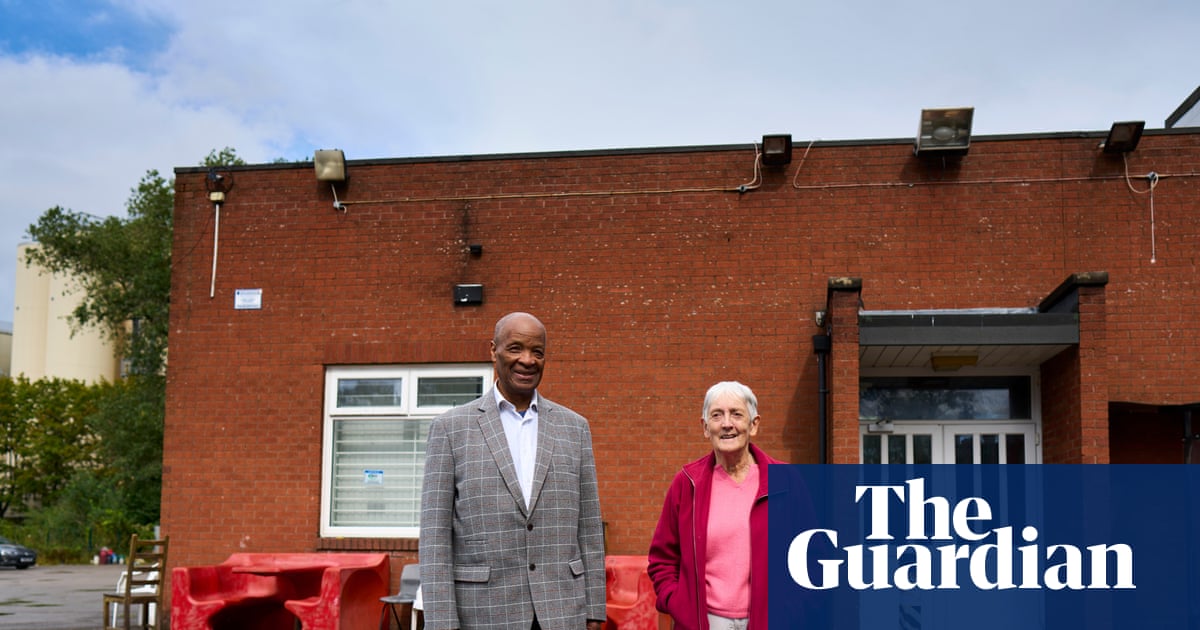Liverpool: predicted 3rd, finished 1st
What we predicted: Arne Slot admits he had “big shoes to fill” after Jürgen Klopp’s departure. They may be impossible to fill in terms of rapport with supporters, force of personality and authority. But, in the more important fields of winning and developing this Liverpool team, Slot will back himself to make his mark. There is space for improvement.
What actually happened: Liverpool improved considerably, winning the title with a few weeks to spare. Slot made managing and winning in the Premier League look easy.
Arsenal: predicted 1st, finished 2nd
What we predicted: The new campaign brings fresh hope that a young yet experienced squad can finally get over the line. Mikel Arteta often speaks about the “fine margins” involved in winning trophies at the highest level and will hope his players can use their disappointment as motivation to win a first Premier League title since the Invincibles in 2004. Having taken four points off City last season, he knows his team have the ability to go one better.
What actually happened: Arsenal overcame Manchester City, even hammering them 5-1 at the Emirates in February, but they did not come any closer to winning the title. For the third season in a row they had to settle for second place. This season felt like a missed opportunity for them – in the league and in Europe.
Manchester City: predicted 2nd, finished 3rd
What we predicted: Like a wager on rain blighting the English summer, predicting that Manchester City will (again) retain the title has become a near-gimme of an exercise, as sure a sure thing as can be. The caveat, though, is that they failed to repeat the grandeur of their magnificent best last season.
What actually happened: They fell well short of their magnificent best. At point one – after a run of four straight defeats in the autumn – it looked like they might not even qualify for the Champions League. They rallied towards the end of the season, with the January signing of Omar Marmoush helping, but it was a terribly disappointing campaign for Pep Guardiola and his ageing team. They need to keep rebuilding in the summer.
Chelsea: predicted 7th, finished 4th
What we predicted: To suggest that Chelsea are enigmatic hugely underplays it. They have embraced chaos and confusion in recent years. The turnover of players continues to be dizzying, like the ownership’s lack of patience with managers. Such are the volume of questions, nobody knows what to expect.
What actually happened: They were very unpredictable. After a strong start, Chelsea fell away and looked like falling out of the Champions League positions. Third is a decent return on a strange season. The fans do not seem keen on Enzo Maresca (and he has not always seemed keen on them), so stability does not look likely any time soon.
Newcastle: predicted 8th, finished 5th
What we predicted: The Premier League’s old top six has morphed into a top eight, with Newcastle and Aston Villa joining the hunt for Champions League qualification. After finishing seventh and fourth in the last two seasons, Newcastle harbour real ambitions of a return to the top four and will be helped by the lack of fixture congestion that comes with not playing in Europe.
What actually happened: They qualified for Europe in style. They won the League Cup – their first trophy in decades – in March to secure a place in the Conference League and then they upgraded to the Champions League on the final day of the season. Newcastle fans have rarely enjoyed a season as successful as this one.
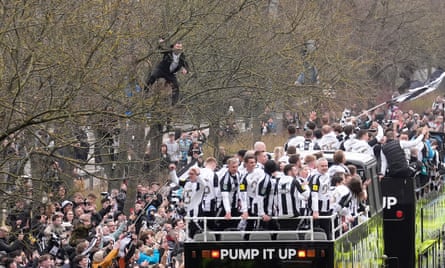
Aston Villa: predicted 6th, finished 6th
What we predicted: Aston Villa have no desire to rest on their laurels and Emery did not sign a five-year contract extension to tread water. The obvious concern is how they will cope with at least eight high-powered midweek games being added to the calendar. Emery, who has transformed Villa into a dynamic force, will relish the challenge. After reaching the Conference League semi-finals last season, he also has his eyes set on winning a trophy.
What actually happened: Villa did not win a trophy and they did not qualify for the Champions League, but they had some brilliant nights in the competition, going all the way to the quarter-finals and a narrow defeat to Paris Saint-Germain. They also reached the semi-finals of the FA Cup, giving their fans a day out at Wembley. They were unlucky to finish sixth and miss out on the Champions League on goal difference, but they will be a real threat in the Europa League – a competition Emery won three times with Sevilla and once with Villarreal.
Nottingham Forest: predicted 16th, finished 7th
What we predicted: Forest face Bournemouth, Southampton and Wolves in their first three games. They should not fear any of those opponents and will hope to build a platform for a better campaign after finishing 16th and 17th in the past two seasons.
What actually happened: Never mind 17th; they were disappointed to finish seventh this season. Forest were by far the most improved team in the league, picking up 33 more points than in the previous campaign. They were unlucky to miss out on a place in the Champions League, having been in the top three for so long, but they will be a real force in the Conference League. Perhaps a first European trophy since the days of Brian Clough could be on the cards.
Brighton: predicted 11th, finished 8th
What we predicted: There is a renewed sense of optimism in the seaside air after Roberto De Zerbi was replaced by Fabian Hürzeler, the Premier League’s youngest-ever permanent manager. Having led St Pauli to promotion to the Bundesliga last season, the 31-year-old appears to be a smart choice to step into the enigmatic Italian’s shoes.
What actually happened: Hürzeler has indeed proven a smart appointment. Brighton narrowly missed out on Europe but they played some entertaining football, beat Liverpool and Manchester United (twice), and did it all with a young squad who will only improve.
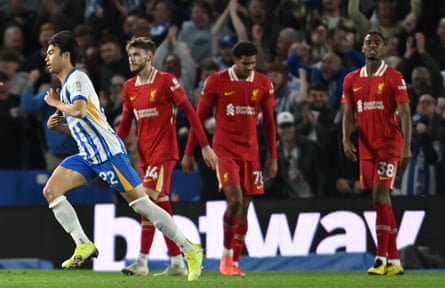
Bournemouth: predicted 12th, finished 9th
What we predicted: The appointment of Andoni Iraola shows Bournemouth have lofty goals. A lack of fresh faces may concern fans but the manager, whose complicated doctrine takes time to set in, may argue there is more to come from the current squad.
What actually happened: There was a lot more to come from the squad. Bournemouth finished in the top half of the table with a record points total, even beating Arsenal home and away. On top of that, they did it while playing an aggressive, high-energy style that excited their fans.
Brentford: predicted 17th, finished 10th
What we predicted: After a challenging campaign, Brentford fans will hope to not be the worst Premier League team in London. Survival, maybe alongside a cup run, would constitute a successful campaign.
What actually happened: Brentford weren’t the worst Premier League team in London – not by a long way – and they stayed well clear of the relegation battle, finishing in the top half of the table. Despite a few injuries, and the exit of Ivan Toney, they thrived, especially up front. They scored 66 goals – more than Chelsea and just three fewer than Arsenal – which made the Gtech one of the most entertaining places to watch football in the country.
Fulham: predicted 15th, finished 11th
What we predicted: Marco Silva’s goal is to “sustain this club in the Premier League”. The manager provides a comfortable environment for talented players to revive their careers, having improved the lot of Willian, Andreas Pereira, Raúl Jiménez and Tom Cairney. He will hope to do the same this season with Emile Smith Rowe.
What actually happened: Fulham continued to go from strength to strength under Silva, taking a record points haul in the Premier League while spending most of the campaign in the top half. Their fans enjoyed memorable wins against Liverpool and Chelsea. The challenge for next season if to become more consistent and not drop so many points from winning positions.
Crystal Palace: predicted 10th, finished 12th
What we predicted: Success has made Palace vulnerable. Michael Olise has gone to Bayern Munich for £50m, and Oliver Glasner faces the prospect of losing at least one other key player. Newcastle are increasingly optimistic of signing Marc Guéhi and Eberechi Eze has attracted interest from Manchester City and Tottenham. If Palace can keep hold of either, Glasner will have the opportunity to build on last season’s finish with a squad that should be well suited to his innovative 3-4-2-1 formation
What actually happened: Palace continued to be remarkably consistent in the league; they have finished between 15th and 10th in each of the last 12 seasons. The big story, of course, was that they beat Manchester City in the FA Cup final to win the first trophy of their history and qualify for Europe.

Everton: predicted 14th, finished 13th
What we predicted: An emotional season awaits as Everton say a long goodbye to Goodison Park, their cherished home for 132 years, but the club will hope for a fresh start before relocating to a stunning new stadium at Bramley-Moore Dock. That hope centres on Sean Dyche’s ability to withstand a host of off-field curveballs while hauling his team in the right direction.
What actually happened: They had a fresh start – in the form of David Moyes, who returned to the club and dragged them up the table and away from the relegation hubbub. The club found some peace under Moyes, giving fans a chance to enjoy the Goodison sendoff.
West Ham: predicted 9th, finished 14th
What we predicted: Perhaps no team in the Premier League has undergone a bigger overhaul than West Ham, both in terms of personnel, playing style and ambition. David Moyes has been replaced by Julen Lopetegui, who has been sold to fans as a more attacking, exciting head coach. There is still work to be done but this summer has been a good start, even if it may take a few months for the players to gel and for Lopetegui’s style to come to fruition. A top-half finish and a strong cup run are realistic aims.
What actually happened: A hugely disappointing season. Lopetegui did not last for long and his replacement, Graham Potter, has not really improved results. If the bottom three weren’t so bad, West Ham could have gone down. Two wins in their last three games took them up to 14th, giving an air of respectability to a drab campaign. Some stability is needed next season.
Manchester United: predicted 5th, finished 15th
What we predicted: Erik ten Hag and Sir Jim Ratcliffe say time is required for Manchester United to enjoy serial days of glory again and, after the team finished a record Premier League low of eighth place last season, you can understand their logic. But, privately, each may fancy their chances of being dark horse contenders, at least for a respectable chunk of the championship race.
What actually happened: They were closer to the Championship than the championship. The season started badly and only got worse, the indignities piling up as the weeks passed. They did not win two games in a row in the league all season. Even their run to the Europa League final ended in embarrassment as they conceded a terrible goal to lose a terrible game to a terrible team, capping off a terrible season.
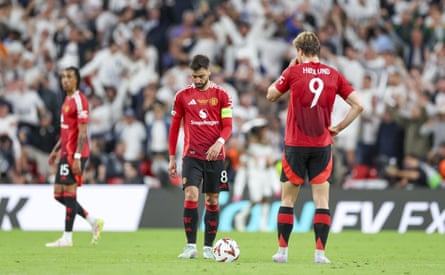
Wolves: predicted 13th, finished 16th
What we predicted: Wolves have sold their captain as well as their best player this summer but, rather than getting the excuses in early, there is a determination to kick on. The first few weeks will prove pivotal for Gary O’Neil and his team, with early games against Arsenal, Chelsea, Newcastle, Aston Villa, Liverpool and Manchester City. By November, will they be battle-hardened or worn down?
What actually happened: Those early games proved decisive for O’Neil. Wolves did not win any of their first 10 matches and the manager was sacked before Christmas. An incredible run of six wins in a row under new manager Vítor Pereira took the team away from the relegation zone.
Tottenham: predicted 4th, finished 17th
What we predicted: Is there a club that spark greater existential debate than Spurs? What is their purpose? It doesn’t appear to be winning trophies given they’ve now gone more than 6,000 days without doing so. Perhaps it’s purely to entertain. Their primary objective for the new season is securing a top-four finish for the first time in three years, thereby reestablishing their place among Europe’s elite.
What actually happened: Twenty-two league defeats and a place in the Champions League. Work that out. Even Spurs fans can’t agree about their season. Was it an embarrassment or, given their victory in the Europa League final, their most memorable in decades? Ange Postecoglou has spent the last week telling everyone it has been a triumph and that he is a “serial winner” but Daniel Levy may disagree.
Leicester: predicted 19th, finished 18th
What we predicted: The Championship was won at a canter but, as Burnley will testify, that means nothing in the top flight. It has not helped that their star man, Kiernan Dewsbury-Hall, and manager, Enzo Maresca, have left for Chelsea, forcing them to spend the early part of the summer finding someone to lead the side. Steve Cooper is very different to Maresca and it will be interesting to see how quickly the players adapt.
What actually happened: The players did not adapt and Cooper did not last. His replacement, Ruud van Nistelrooy, might not be sticking around for too long either. Leicester lost 25 games and conceded 80 goals yet, amazingly, they were the best of the three promoted teams.
Ipswich: predicted 18th, finished 19th
What we predicted: A generation of football followers had forgotten about Ipswich Town but one of the country’s famous old clubs are back after 22 years away, throbbing with life and confidence after a stunning rise through the divisions. What an occasion it will be when they host Liverpool, regular rivals for major honours during Town’s heyday in the 1970s and early 1980s, to open the season and the hope in Suffolk is that the glory years do not come to appear so distant.
What actually happened: That hope was extinguished pretty quickly. Ipswich went into the season with some momentum after two successive promotions but they simply could not compete. It wasn’t a huge surprise to see them struggle given their budget, but winning just four games all season was still a big disappointment.
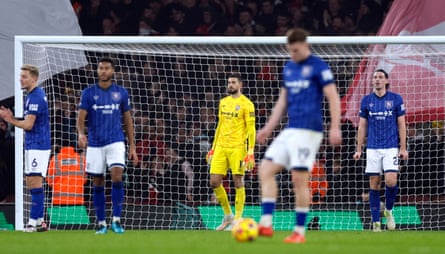
Southampton: predicted 20th, finished 20th
What we predicted: Russell Martin has not managed at this level and pragmatism could be key in the fight for survival, but he is unlikely to move too far from his ideals. Alphabetical order means Southampton start the season in 17th and it would be an achievement if they end the campaign in the same position come May.
What actually happened: By the end, 17 points would have been an achievement. Southampton were abysmal. The only upside – if it can be called that – was that they weren’t as bad as the Derby County team of 2007-08. Not a high bar.

 3 months ago
196
3 months ago
196
